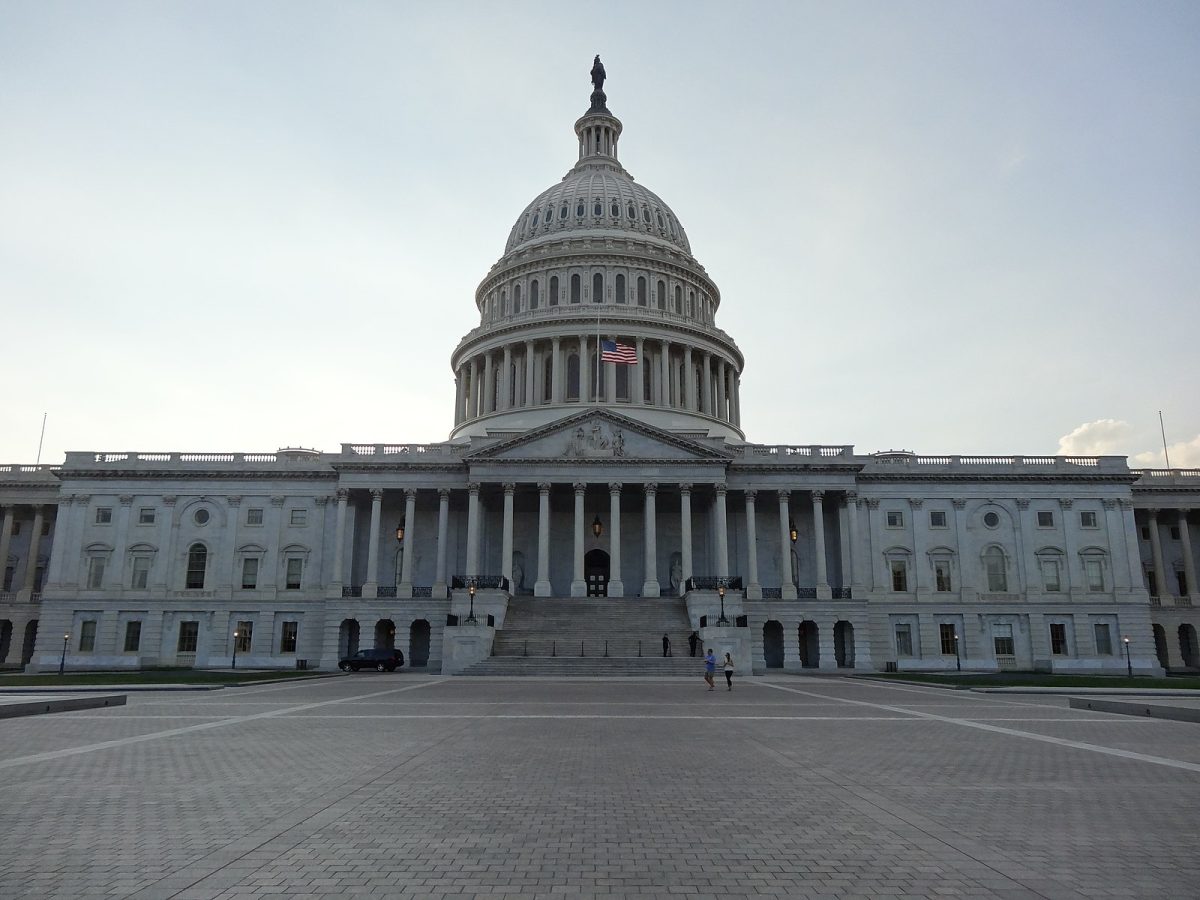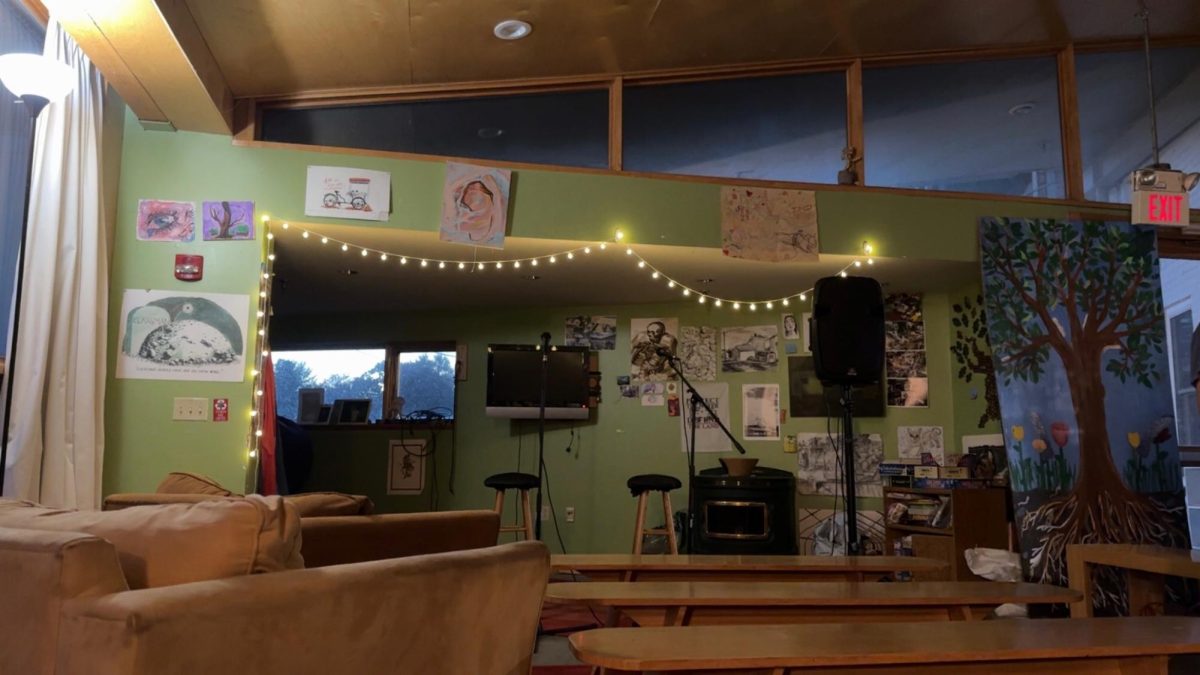As new changes sweep across campus this semester, the Adobe license, which was formerly accessible to staff, student organizations and clubs, has undergone major changes during its last contract renewal.
The Adobe License has two different apps for individuals compared to shared spaces installed on computers across campus. However, issues with budget changes and contractual requirements unexpectedly changed the past few months.
In previous years, Dickinson has chosen options that fit the budget for this creative program but faced challenges this semester with limited time to address it. In an interview with the Director of User Services, Andrew Connell discusses what happened with the Adobe license and what it means for the rest of this semester.
This program provides two types of licenses which are assigned to either individuals or shared computers. Connell said, “Dickinson gets its Adobe licensing the most affordable way possible, via a consortium of colleges and universities which allows the participants to leverage both educational and volume discounts.”
Due to the variety of licenses in Adobe, Dickinson specifically relies on ETLA to gain access to the best features. This is used by Dickinson in a locked three year contract which Connell says, “Enterprise Team Licensing Agreement institutions are required to purchase an Adobe NUL for all Full-Time Equivalent (FTE) employees, are locked into a three-year agreement, and the FTE number can only go up, it may not be reduced within the 3-year term.” However, during this past August when the contract was due for renewal, changes were made by the company, affecting our budget., “Adobe use on campus would be north of $80,000 per year for the next three years (a 3-year investment of nearly a quarter million dollars),” Connell said. Because of this, it was a hit to Dickinson’s finances as the requirements would allow little use for students on campus except organizations, clubs, and Dickinson staff who never needed or used Adobe.
In response to this impact on the college’s budget Connell said, “Last year, this expected budget impact was brought to ITSC for discussion and the committee agreed to move to the VIP model as to only provision Adobe apps where needed as a more strategic use of college funds.” Although the committee were able to reach an agreement, problems arose in August when not all staff members and some organizations were not licensed and caused delays.
Because of this, requests were sent to get new licensing. However, there was a mistake in the system and not everyone was required to request a license. Additionally, the new Adobe license model had undergone changes due to the software.
“The savings from the changes to the Adobe licensing model were reinvested into software that we did not have before.” That led to the budget of the overall software also being impacted which Connell said, “absorbed into the college’s software budget to address the annual exponential rise of other academic software titles.”
After every required license was up to date to use the Adobe apps, the shared computers were insufficient due to a new Adobe model.
“On some computers, such as The Dickinsonian’s iMacs, the computers are too old to run an operating system which supports the latest versions of the Adobe applications.”
Nevigating new changes to the system and timing has been a uniquely challenging process. “Overall, this was an immensely complex change to undertake.” These upgrades worked out due to how employees coordinated during the uncertainty. However, another factor contributed to adjusting to these changes beyond relying on employees. “ITS relied upon employee advisors to communicate changes to student organizations when necessary. All of which unfortunately occurred in August just before but this time was outside of ITS control,” Connell said.
Despite attempts to address these issues, upgrades are still being done for the Adobe apps on individual and shared computers, except if a hardware upgrade is necessary. Besides the upgrades being made for these apps, there’s also additional upgrades for general student use.
“Some general-use locations such as Bosler 209 and LC3 were provisioned with SDLs for general student access to Adobe apps,” he said.
In addition to these upgrades, changes have been made to adjust the budget and ensure access to campus needs are met.
“The result of the ETLA to VIP conversation reduced the college’s annual Adobe costs by nearly half and not being bound to a three-year agreement allows the college to make mid-stream adjustments more readily.”





